Nigeria’s economic growth gains traction in spite of uncertainty over the meeting of the Monetary Policy Committee, MPC, scheduled for this week.
The Senate has yet to approve the appointment of at least five new MPC members, which means the committee will probably not be able to meet to discuss policy decisions, or make an announcement on interest rates on Jan. 23.
President Buhari and the Senate are locked in standoff over the confirmation of acting boss of the Economic and Financial Crimes Commission (EFCC), Mr Ibrahim Magu, with senators saying they would not confirm any nomination from the president.
Senators stuck to demands that Magu must leave the EFCC.
“The senate has an issue with the executive. Anything to do with a confirmation will not be considered, said Senator Rafiu Ibrahim.
Financial experts say even if MPC fail to meet nothing will change because MPC has not changed rates in January within the last five years. It is likely the interest rates will remain the same given that holding the rates for so long since sept 2017 has succeeded in bringing inflation down persistently.
The last MPC meeting in November 2017 decided MPR at 14.0 percent; CRR at 22.5 percent; Liquidity Ratio at 30.0 percent; and the Asymmetric corridor at +200 and -500 basis points around the MPR.
“If they don’t meet in January there’s no breach on CBN act because the act provides for at least 4 meetings per year, said a credible CBN source.
Meanwhile, the Nigeria economy inched up in 2017 and the country appears to be in growth mode, Per Second News gathered.
The PMI is growing, economic index is positive and inflation is trending down-15.37%, all among the positive gains in Nigeria’s Index for the last quarter for 2017, said the source.
The strongest economic indicator for Nigeria is the stability in the forex market which signal strong GDP growth for Q4 2017.












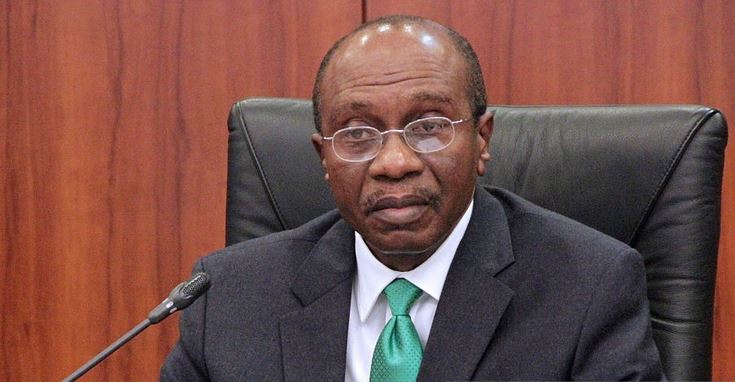
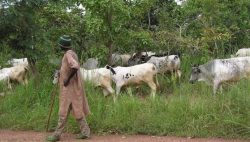
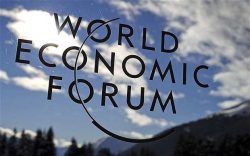

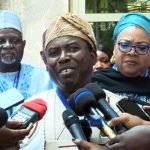
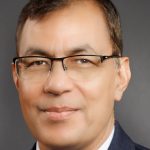

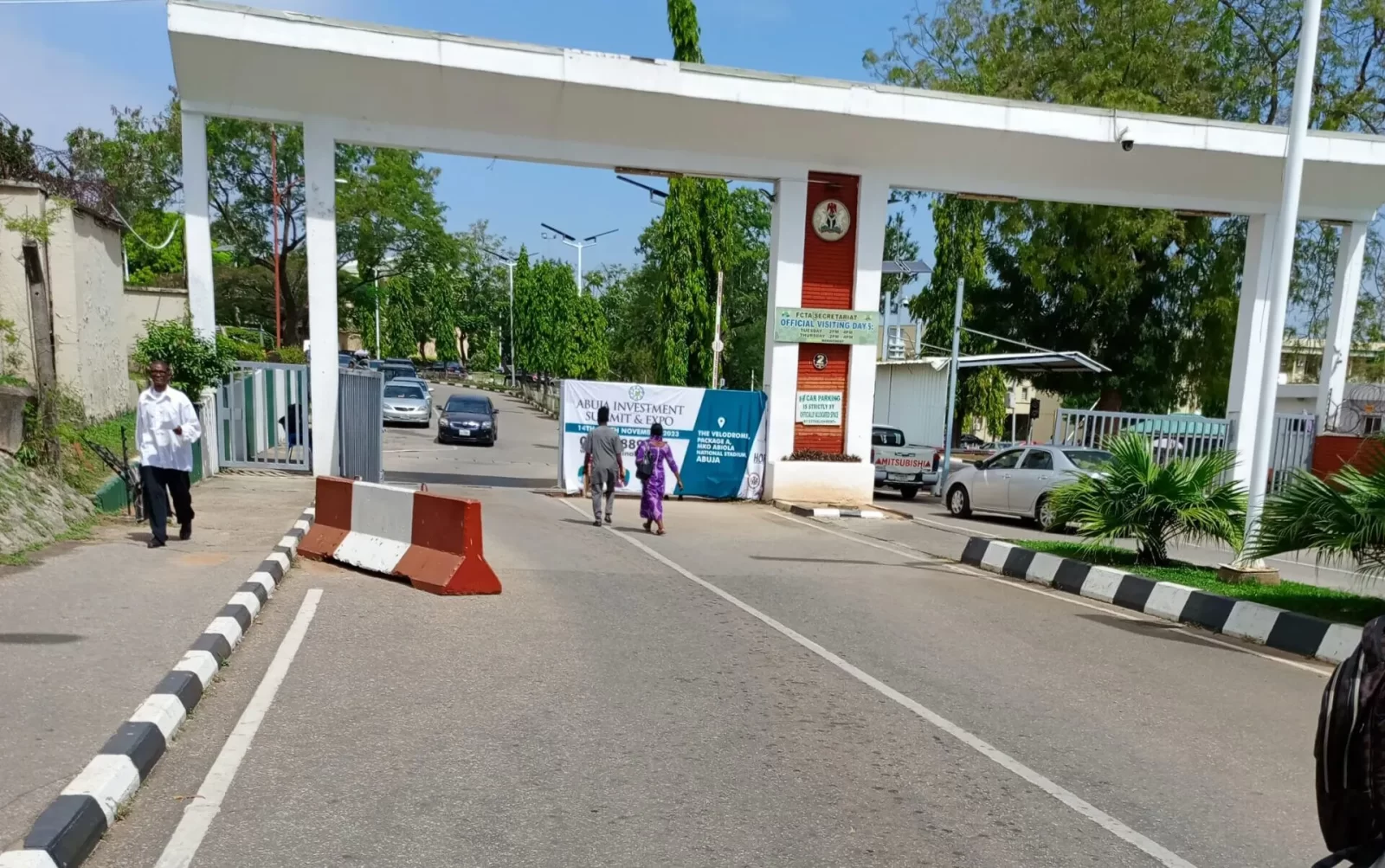
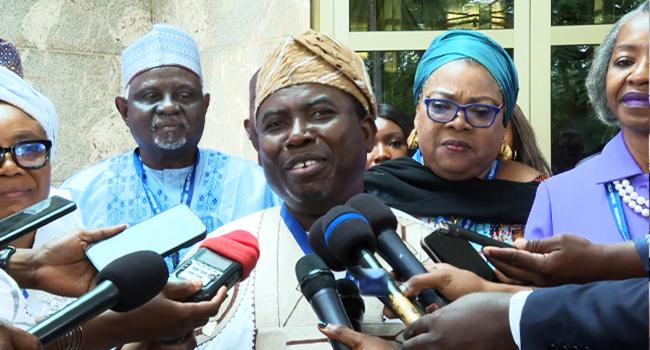
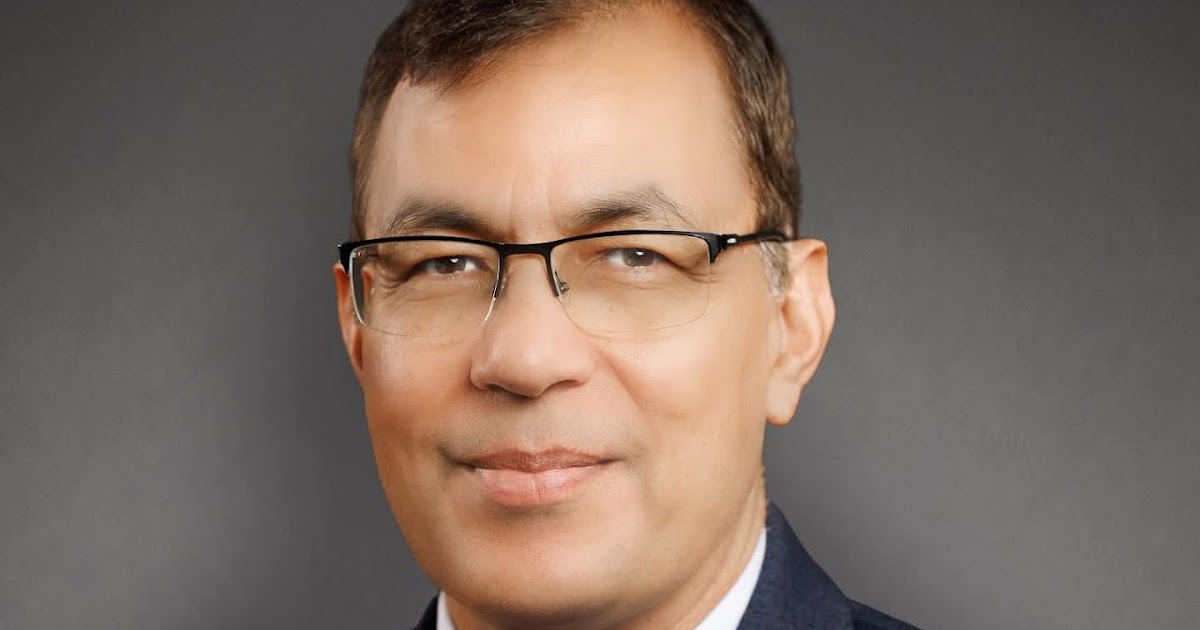
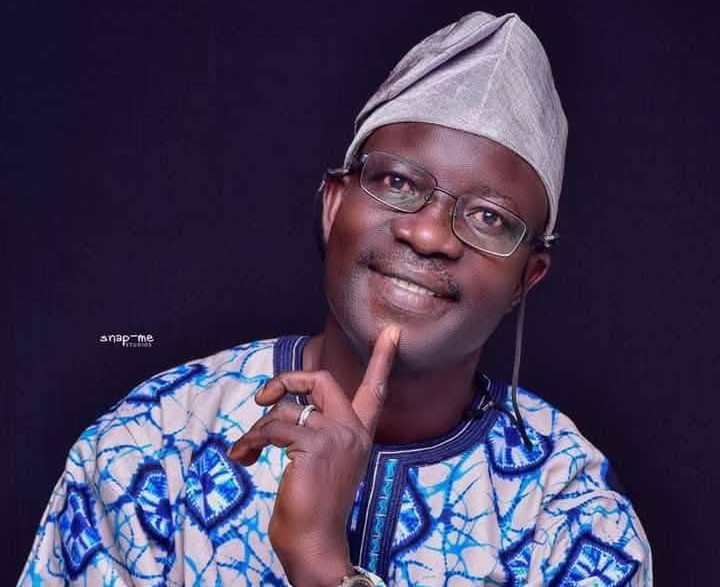

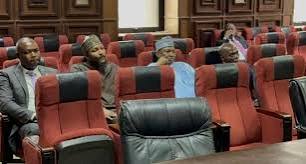









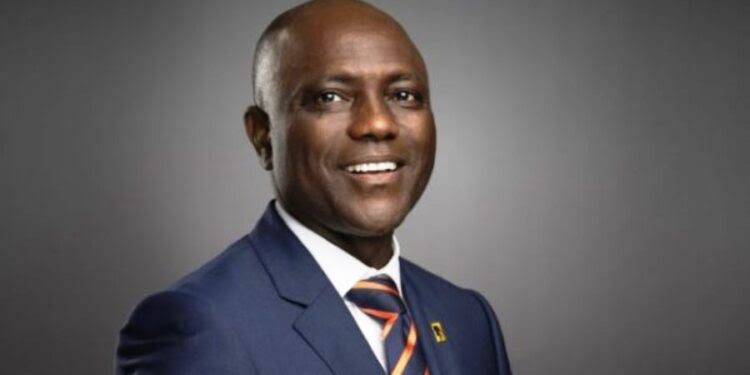
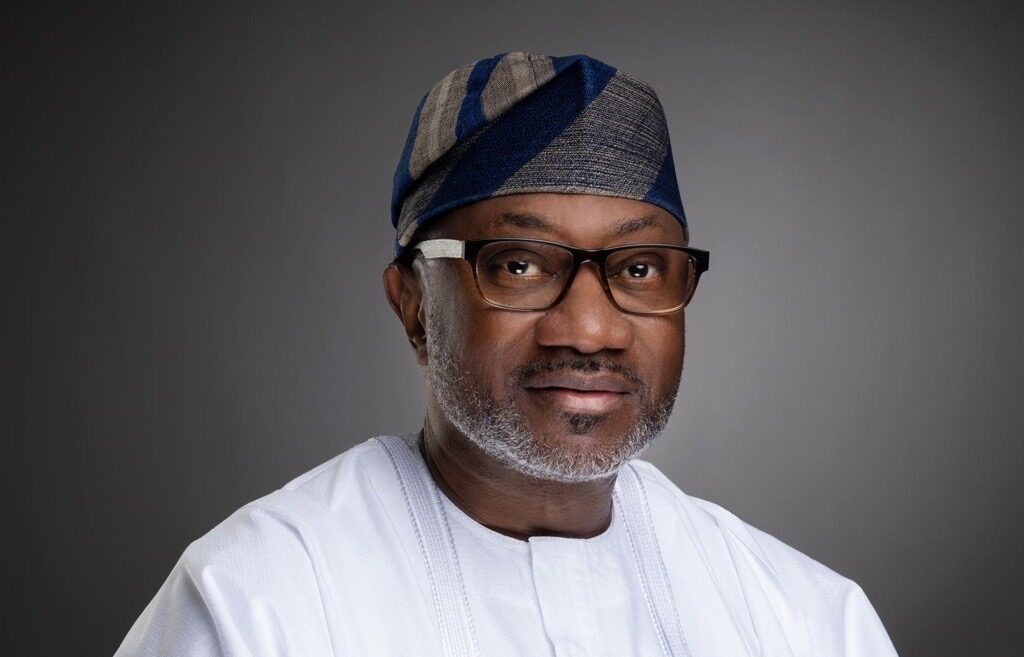


Leave a comment